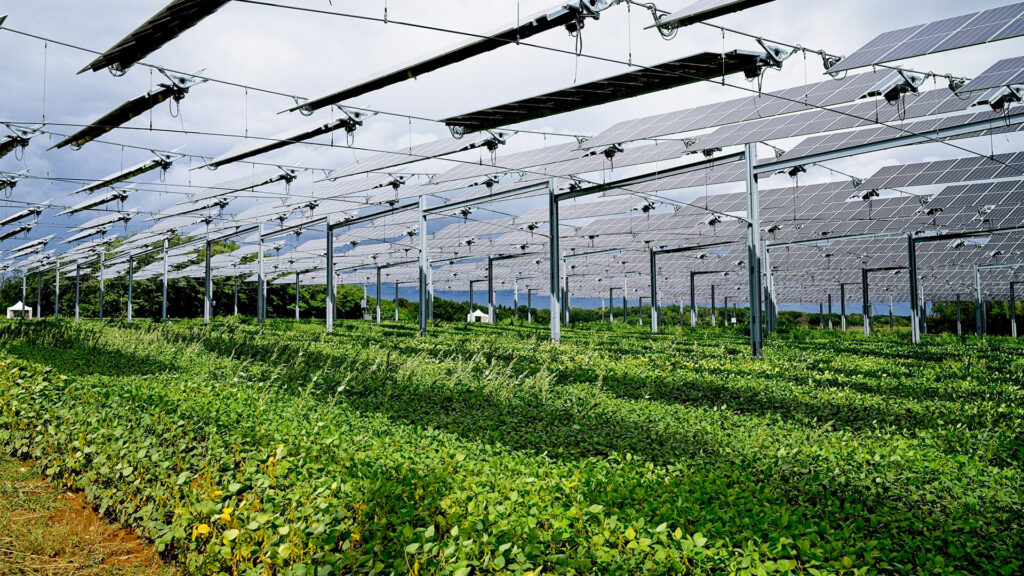If you’re trying to cook more sustainably, your choice of oil might could have a bigger impact than you think. A 2022 research study ranked canola and sunflower oil as the most climate-friendly options. But it’s not just about the type of oil—it’s also about where the crops are grown, per The New York Times.
Oil crops take up nearly 20 percent of all farmed land worldwide, according to ScienceDirect. That makes the location of production crucial. In North America, most canola grows in the prairie ecozone, where the soil has “a relatively low storage potential,” said Stephen Ramsden, an agricultural economist at the University of Nottingham. In other words, the soil there stores less carbon.
Even so, canola and sunflower oil still beat most other oils in terms of carbon footprint. Growing these crops releases less carbon and does less damage to the land’s ability to absorb emissions.
“You’re not really giving up that much,” Ramsden said.
Soybean oil, while super common, doesn’t perform as well for the environment. Much of the global soy supply comes from deforested regions of the Amazon, which contributes to major ecological loss.
“Most bottles in stores nationwide that have ‘vegetable oil’ labels are usually soybean oil,” said Eric Decker, a food science professor at the University of Massachusetts Amherst.
However, soy farms in the U.S. produce lower emissions, research shows. So if your vegetable oil contains only U.S.-grown soy, it’s actually one of the greener options on the shelf.
Beyond soy, experts rank oils from best to worst for the environment like this: olive, coconut, soy (from deforested land), and peanut oil. Researchers are also exploring alternatives—like camellia plants—which could help cut greenhouse gas emissions, according to NewScientist.
Ultimately, any plant-based oil is still better for the climate than animal fats.
“We need to get the calories from somewhere,” said Robert Beyer, a researcher at Cambridge University who worked on an oil comparison study. “If you reduce vegetable oils, and suddenly everybody starts cooking with butter or goose fat or something, environmental impact will definitely go through the roof.”
So next time you’re scanning the grocery shelf, don’t just check for “organic.” Look at the fine print—and think about where that oil came from.











